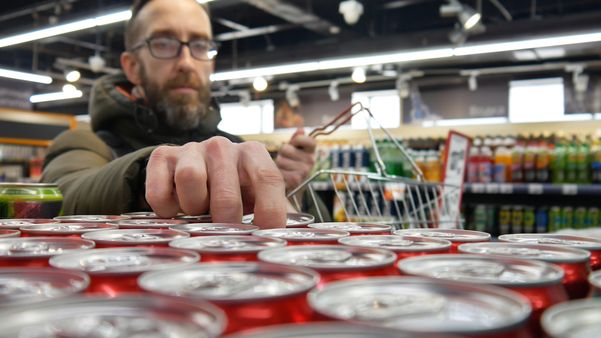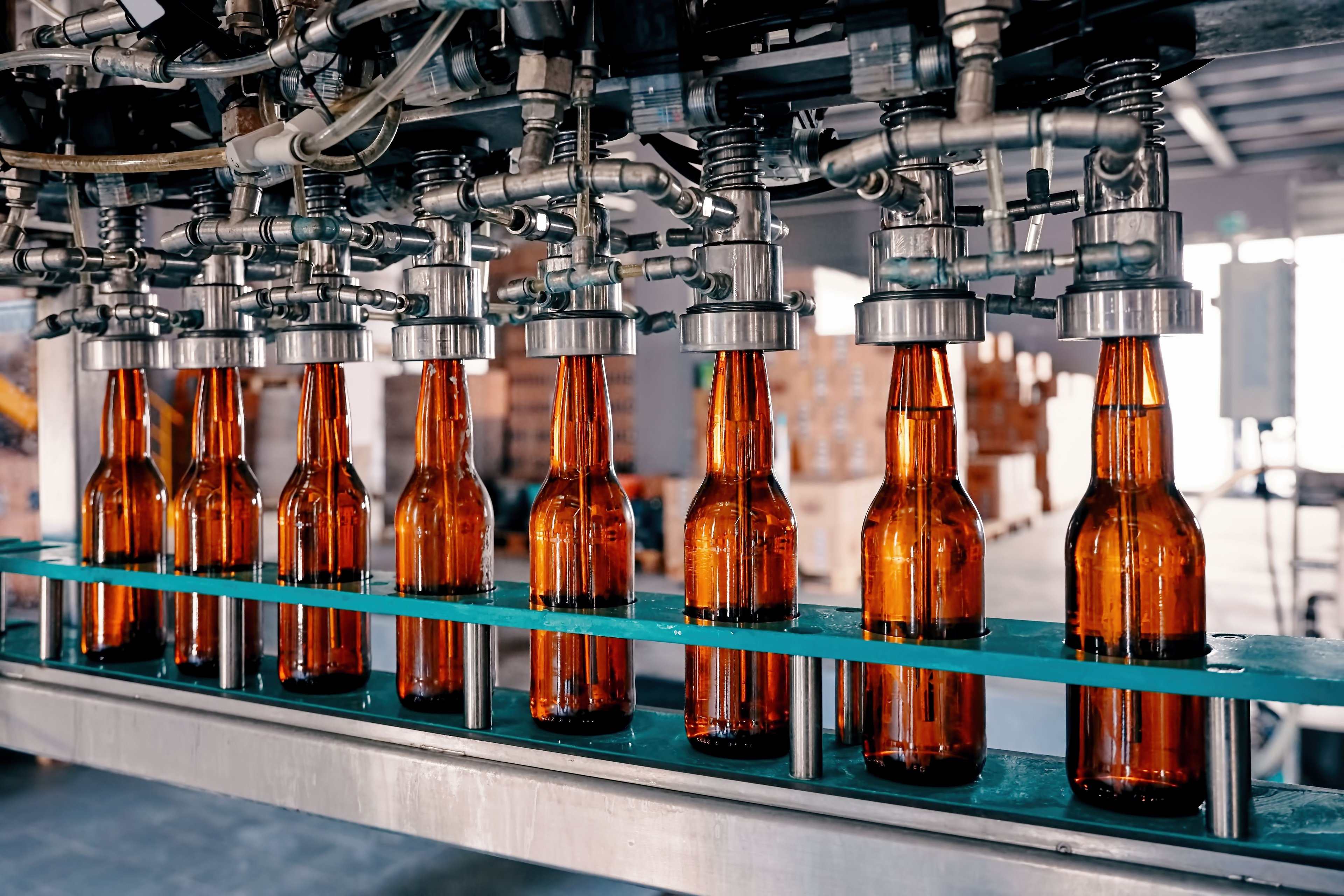
Credit: Boston Beer Co.
Boston Beer Co. (SAM 4.29%) just released better-than-expected third-quarter results Wednesday after the bell. But with shares of the craft brewer down around 5% in after-hours trading, the market is putting on its best bitter-beer face in response.
But before we talk about why, let's tackle the headline numbers: Revenue increased 9% year over year to $293.1 million, driven by 4% core shipment growth, and a favorable product mix that led to increased revenue per barrel. Meanwhile, net income rose 1.8% to $38.6 million and climbed 2.2% on a per-share basis to $2.85.
That bottom-line growth was driven by the increase in revenue, healthier gross margin (up 90 basis points year over year to 53.6%), and lower income taxes, but partially offset by planned increases in advertising, promotional, and selling expenses. Recall three months ago, Boston Beer told investors it would attempt to combat decelerating depletions growth -- a key measure for how quickly its products travel from warehouses to consumer outlets -- by introducing new packaging and advertising in the second half of 2015.
Sure enough, ad, promo, and selling expenses in Q3 climbed 20% year over year to $78.2 million, easily outpacing the line item's 9% growth year to date.
In any case, these top- and bottom-line figures easily exceeded analysts' consensus estimates, which called for earnings of just $2.69 per share on revenue of $288 million.
Here's what happened
Similar to last quarter, Boston Beer's founding chairman, Jim Koch, opted to be the bearer of bad news: "Our total company depletion trends of 6% in the third quarter of 2015 matched our year to date trends, but represent a slowing from our expectations, primarily as a result of weakness in our Samuel Adams brand due to increased competition and a slowing in the cider category."
More specifically, the decline on the beer side was primarily seen in Samuel Adams Seasonal Beers and the flagship Boston Lager variety, Koch said, both of which "appear to represent a very competitive category, where drinkers are seeing greatly increased choices and established brands are being affected."
But that's hardly shocking, and more than anything closely mirrors the concerns Koch verbalized for the Samuel Adams brand last quarter.
What is new, however, are the cautious words surrounding the typically strong cider category, which notably includes Boston Beer's Angry Orchard brand and has effectively offset softness in other segments in each of its past two quarters.
Boston Beer CEO Martin Roper elaborated:
During the third quarter, we [...] saw a slowing of the cider category, but believe Angry Orchard maintained its share even as competitors continue to enter or increase investment. We remain positive about the long term cider category potential, but short term growth is less certain. We are planning continued investments in advertising, promotional and selling expenses, as well as in innovation, commensurate with the opportunities and the increased competition that we see.
Taking the long-term view
At the same time, Boston Beer continues to wisely invest in supply chain improvements with the aim of enhancing customer service and further increasing the freshness of its products. Despite some "glass bottle supply challenges" in Q3, Roper insists Boston Beer's service level continued to show improvements.
And Boston Beer has no intention of letting those investments lapse as it grows its still-tiny slice of the overall beer market. As per usual, Roper reiterated his decidedly (capital-F Foolish) statement, "[W]e continue to be prepared to forsake the earnings that may be lost as a result of these investments in the short term, as we pursue long term profitable growth."
In the meantime, however, Boston Beer is ruffling Wall Street's feathers by reducing select guidance for 2015. Specifically, depletions and shipments growth are now expected to be between 3% and 6% (down from 6% to 9% previously), and earnings per diluted share will be between $7.00 and $7.40 (down from $7.10 to $7.50 before). Analysts, on average, were modeling 2015 earnings near the high end of the new range at $7.36 per share.
Finally, with the caveat that its planning process still ongoing, Boston Beer offered preliminary guidance for next year. Among Boston Beer's early expectations for 2016 are depletions and shipments growth in the mid- to high-single-digit range, national price increases steady between 1% and 2%, and full-year gross margin to rise one percentage point from 2015 to between 52% and 54%.
All things considered, it's tempting to point to steep competition and ever-changing consumer preferences as merely the cost of doing business for Boston Beer Company. And that's largely accurate, even if Boston Beer manages to find comparatively impressive growth where its much larger brewing peers can't. But at the same time, it's hard to blame the market for being annoyed that Boston Beer has reduced full-year expectations despite handily beating them in the third quarter. As a long-term-oriented investor -- and one who remembers Boston Beer has an enormous runway of growth holding less than a 2% share of the U.S. beer market -- I'm still content viewing Boston Beer's stein as half full.






